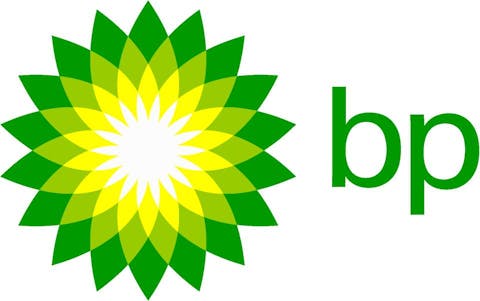There have been several reports that the recent uptick in oil prices is because of the uncertainty about the political situation in Egypt. What is confusing, though, is that the country only produces about 730,000 barrels per day and is a net importer of about 60,000 barrels per day. So how can a country with such paltry production be a critical cog in the global markets? Let’s take a look what Egypt means for the oil industry and how it affects you and your energy investments.
See you at the crossroads
The global oil market is, and will potentially always be, a tight market. In 2012, global consumption outpaced supply by only 30,000 barrels per day. This means that whenever there is a threat of a major slowdown in production, someone is going to go without oil, or they will pay more than someone else to get it. This ripple effect reverberates throughout the global oil market and results in higher oil prices across the board.

Source: U.S. Energy Information Administration
We saw a very similar situation to this just over two years ago when Libya was on the brink of civil war. During the run-up to the conflict and into the first couple months of fighting, Brent crude prices surged by a third in a six-month period.
Much like what we saw with the Libyan conflict, Egypt’s oil production may not be too much of a concern in the long run. OPEC member nations have over 5.76 million barrels per day in spare production capacity that is left idle to maintain high oil prices. So if this event poses a big threat to global supplies, it can be covered.

Unrest in your portfolio?
Aside from the fear of higher gas prices, investors might be interested to know what kind of effect this will have on their portfolios. For producers that don’t have assets in Egypt, this could potentially provide a little boost because they might get a slightly higher premium for their product. Then again, there are a couple companies that could be hurt by production losses from their Egyptian assets.
| Company | Total Production in Egypt (bpd) | % of Company’s Production |
| BP plc (ADR) (NYSE:BP) | 41,000 | 1.75% |
| Royal Dutch Shell plc (ADR) (NYSE:RDS.A) | 100,000 | 2.8% |
| Apache Corporation (NYSE:APA) | 100,000 | 11.7% |
| Eni SpA (ADR) (NYSE:E) | 91,000 | 10.0% |
Of the four companies listed, Apache has the most to lose. Not only is Egypt the largest producing country for Apache Corporation (NYSE:APA), it also represents 27% of the companies worldwide production revenue, so any sustained period of uncertainty could drastically hurt Apache’s bottom line. So far, BP plc (ADR) (NYSE:BP) has pulled expatriate staff from the country, but no company has announced a shut down of production or a full withdraw from the country yet.
The sting for each of these companies will depend on if and how much production slips during this turmoil. Based on recent events like this in the Middle East, it could have little to no effect or could shut down operations for several months. In 2011, when former president Hosni Mubarak was removed from power, there was little to no effect on oil production. Since that time, though, production has tapered off as the economy in Egypt has struggled and some companies have been hesitant to invest there because of political uncertainty.
A more extreme outcome could be what happened in Libya. Prior to and during the first parts of the conflict, Eni SpA (ADR) (NYSE:E)’s production of 280,000 barrels of oil equivalent essentially came to a standstill for six months. Even today, almost two years after the company restarted production, the company’s production is only 36% of what it was before the conflict.





